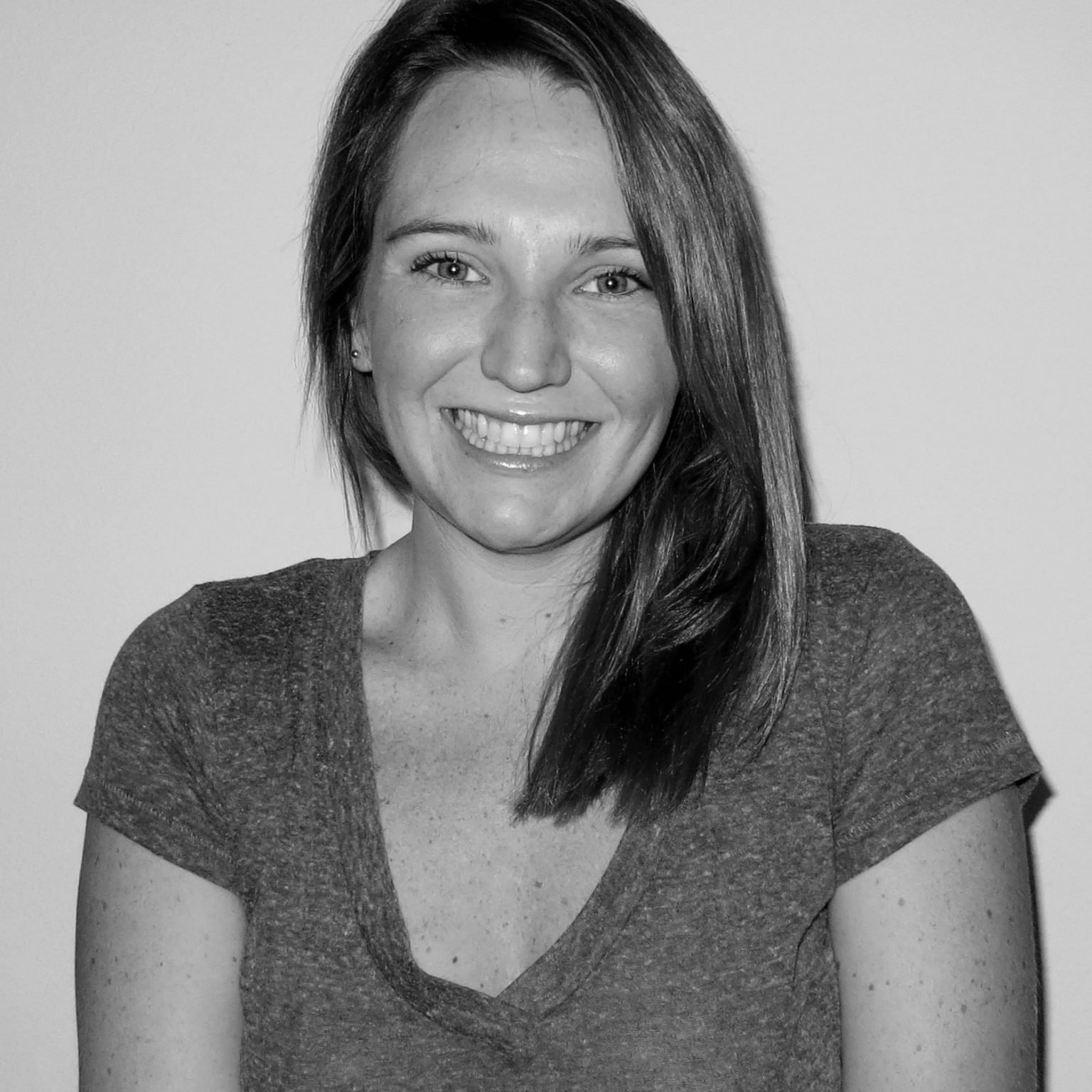They have come to network, and nothing can stop them. Not the official schedule, which attempts to corral networking into hourly breaks. Not a show of indifference to their eager, outstretched hands. They have come from Philadelphia and California. They have come from Haiti and Brussels and Darwin, Australia. They can make a meet-cute from the most insignificant morsel of observation. How do you feel about your laptop privacy screen? someone genuinely asked me. “We’re going straight into the next session,” is the curfew call they dread.
Around two hundred campaign professionals and political consultants and even a few candidates have gathered in a windowless, carpet-tiled conference center on Washington’s Connecticut Avenue for the Campaign Expo—a daylong, $600-a-head event that promises attendees will leave equipped with the “strategies,” “techniques,” and “knowledge to win,” presumably even if they’re running against one another.
They’re joined here by running tables of vendors—voice-over actors, mass texting platforms, the United States Postal Service—who long to sell them the tool or the app or the bulk-rate postage they need for victory. Because democracy is big business in America. For every voter there are dozens of data firms competing to assemble the most complete profile. The profile will be sold to advertising agencies, who use the information to tailor television spots or mailers. Researchers based in Iowa will track where a voter’s eyes skim or pause to read deeply when he or she looks at those mailers, for $500 a pop. Digital shops will be hired to deliver digital campaigns on Facebook and Twitter, and analytics firms will be paid to measure efficient delivery. Americans only get one vote, but the potential to make money off each vote is limitless.
Ken Gelb is the approachably rumpled salesperson for a company called Aki. There are plenty of agencies that can craft an ad, Gelb tells me, but “you’re not going to watch a one minute video when you’re running, right?” Aki uses a cell phone’s internal accelerometer and gyroscope to determine if a voter is reclining or riding on a train or has even just left the phone on the kitchen table. It funnels media rich ads, like longer videos, during a voter’s “lean back moments”; it pipes in audio ads when it can sense a voter is walking to work. As Gelb starts explaining, I feel shocked at how campaigns can invade my privacy; like with so much else in the opaque world of tech, the shock fades to a more rueful sense of OF COURSE they can do that by the end of his spiel.
The technology was developed for the private sector, but as campaigns come to rely more on digital media, tech companies are repackaging their wares for sale to the public sector. Unlike traditional providers of campaign services, like ad agencies and market researchers that tend to hew left or right, these newer entries are working both sides of the aisle. FastPay, a company that’s been migrating into the political sector since 2014, is selling its invoice tool to Republican and Democratic firms. Because they’re not selling actual votes but various types of access to them—the ability to influence, the ability to measure, the ability to predict, or even just tools to make all of the above a little easier—the same vote can be monetized again and again. The more candidates in a given election, the more points of sale available to vendors willing to work the whole race. The longer those candidates stay in the race, the more opportunities to make money off the same run.
And so everything an attendee interacts with at Campaign Expo is “thanks to” some other entity with something to sell. Comcast Spotlight supplies the WiFi. The Main Stage is sponsored by Market Predict, a company that sells voter modelling. Hand sanitizer is being distributed by an Alexandria law firm; “Diet Coke courtesy of Conservative Connector.” Coffee was ostensibly included in the ticket price, but the mugs to pour it in were compliments of Holtzman Vogel Josefiak Torchinsky PLLC.
The product that’s got the crowd most fired up is a new crop of peer-to-peer texting platforms, which promise to start conversations with real voters (online ads can be consumed by bots) and at scale (2,500 texts an hour per volunteer). Bernie Sanders saw tremendous organizing success with mass-texting using the tool Hustle, which has encouraged new competitors into the space like Campaign Expo “general sponsor” RumbleUP. People don’t read campaign-branded emails and they don’t answer phone calls from unknown numbers, but who among us has the self-restraint not to peek at an uninvited text message? An attendee who uses the service tells me her open-rate is 75 percent and, so far, the space is unregulated by the FEC.
Throughout the day, between the sales pitches and the networking sessions, leading lights among campaign professionals give talks. Attendees huddle around maple-veneer tables in a cavernous room that grows colder across the day, scribbling notes with sponsored pens on sponsored paper. The feeling is that everything they’ve ever known about their industry is in flux because of technology, yes, but also because of Donald Trump. Should they really be telling their guys not to mouth off on Twitter? Maybe it’s exactly what the race needs. And candidates’ expectations about how much time they need to spend on the phone raising money or how respectful they need to be of the political pecking-order have shifted, too. As one Democratic strategist put it, “Everyone thinks they can be Iron Stache.”
But the overwhelming advice coming from the fast-speaking panelists nestled in red womb chairs in front of a step-and-repeat for the event’s host, Campaign & Elections magazine, is that things aren’t as upside down as they seem. In a session called “The Dark Arts,” attendees are told not to worry about software like Lyrebird, which can mimic their candidate’s voices, or even “nefarious hackers.” Most scandals still start from accidents within your own organization. Attendees are here to find out which tools they need to buy to win, but several speakers assure them the worst thing to have is too many tools. The basic unit of politics is still the door knock. “It’s about the quality of that knock,” says Joe Fuld, a Democratic consultant. But it’s unclear anyone can hear him over the thunderous din of out-of-bounds networking that floods the conference whenever someone opens the door.
In the late afternoon the schedule features a 45-minute session of “structured speed-networking.” We’re sorted into single file lines that rotate around the room to give each speed-networking pair three minutes to really get to know each other. I ask everyone if the event was worth the cost of admission. No one says no. If you buy one tool that helps your candidate stay in the race, or you bring one useful piece of advice back to your campaign, or you get one magazine writer to namecheck what you’re selling, that’s a $600 win. Compared to the big wins that are for sale here, $600 is nothing.



















